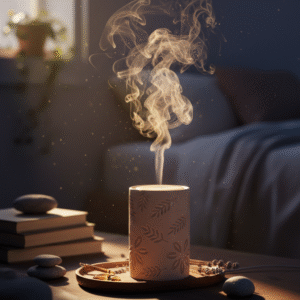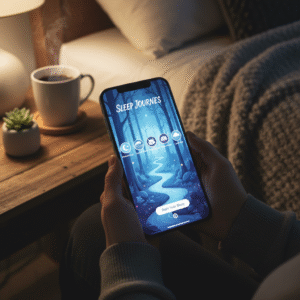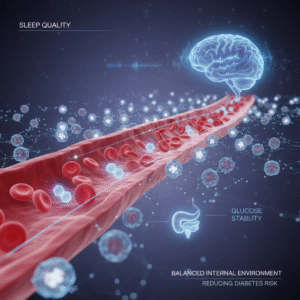Discover how night owl tendencies affect high school grades and mental health. Learn how later school start times can help teens thrive.
Researchers Have Searched for Answers
Research consistently reveals that teenagers who habitually stay up late often experience lower academic performance and increased emotional distress. One large-scale study published in the Journal of Adolescent Health examined the sleep habits of teens over several years and correlated their bedtimes with academic records. Key findings showed that night owls demonstrated lower GPAs and higher rates of behavioral issues compared to early risers. This is due to their natural delay, which often prevents them from meeting the recommended nine hours of sleep.
The rise of electronics—smartphones, computers, and gaming—also plays a role. Blue light emitted from these devices suppresses melatonin production, making it harder for teens to fall asleep early. Combining this with packed school and extracurricular calendars creates a perfect storm for insufficient rest. Ultimately, sleep deprivation isn’t just yawning—it’s directly affecting how young minds learn and cope.
Where Does This Leave Our Teens?
Beyond classroom challenges, chronic sleep issues in high school can spill over into personal relationships and after-school activities. Diminished focus, mood swings, and declining resilience compound any emotional struggles teens might face. Yet there is hope: pushing back school start times is gaining momentum.
Organizations like Start School Later advocate for middle and high schools to delay morning classes to no earlier than 8:00 a.m. Major endorsements from education leaders and even the U.S. Secretary of Education highlight how aligning schedules with natural adolescent sleep patterns might significantly improve teen well-being. Studies show that later start times correlate with higher attendance, better grades, and fewer accidents—proving that letting teens sleep isn’t a luxury, but a vital component of their success.
The Science Behind Night Owl Tendencies
Adolescent sleep shifts are rooted in biology. During the teen years, melatonin is released later, creating a natural drive to stay up into the night. Combined with school pressures, this often leads to a chronic deficit. But there’s more you can do—consistent sleep hygiene, avoiding screens before bedtime, and safeguarding sleep environments can help bridge the gap.
Conclusion
Understanding how night owl tendencies impact teens’ academic performance and mental health reveals a critical need for change. Aligning school start times with adolescents’ natural sleep rhythms can reduce chronic sleep deprivation, improve grades, and enhance emotional well-being. By embracing these biological realities and supporting healthy sleep habits, educators and parents can help teens thrive both inside and outside the classroom.
Frequently Asked Questions
Why do teenagers struggle to wake up early?
Teens naturally produce melatonin later in the evening due to shifting circadian rhythms, making it harder for them to fall asleep early.
What is the recommended sleep duration for high school students?
Teens should aim for nine to ten hours of sleep nightly for optimal brain function, academic performance, and emotional stability.
Sources
- Adolescent Sleep Patterns: https://www.mayoclinic.org/healthy-lifestyle/childrens-health/expert-advice/article/teens-and-sleep
- Sleep Deprivation Effects in Teens: https://www.healthline.com/health/sleep/teen-sleep-issues
- Recommended Sleep Duration for Adolescents: https://www.cdc.gov/healthyyouth/suicide-prevention/index.html#sleep








